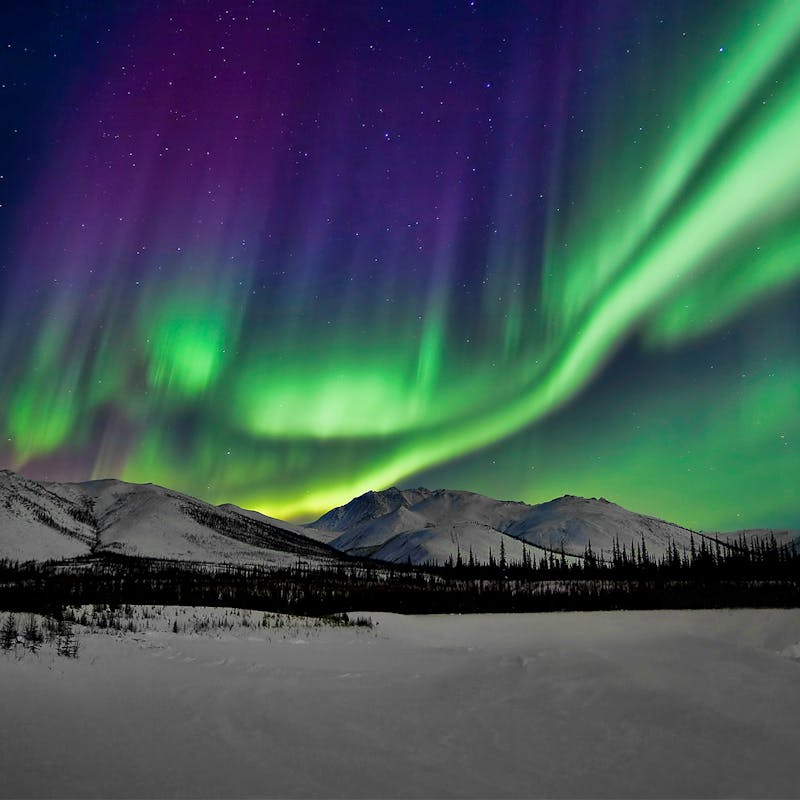In light of the ongoing Deepwater Horizon disaster in the Gulf of Mexico, Alaska Native communities and conservation groups sent a letter to Interior Secretary Ken Salazar today urging him to reconsider his approval of exploratory drilling by Shell Oil due to begin in Alaska’s Arctic Ocean in less than 60 days. The groups point to new information from the Gulf spill that requires the Secretary to reconsider his decision to approve Shell’s Arctic Ocean drilling.
“Despite the different operating environments, the Deepwater Horizon spill is directly relevant to the analyses underlying your decision to approve Shell’s Arctic Ocean exploration drilling plans,” the letter reads. “MMS did not analyze or disclose the effects of a large oil spill from Shell’s activities before approving the plans, even though it acknowledges that such a spill could have devastating consequences and could be difficult to clean up in the Arctic Ocean’s icy waters. The agency concluded that a large spill was ‘too remote and speculative an event’ to warrant analysis.”
The letter also highlights the stark differences between what is available to respond to a major oil spill in the Arctic and what was mobilized to respond to the Gulf disaster. In the Gulf of Mexico, 32 spill response vehicles, 1 million feet of containment boom and at least six firefighting vessels responded to the scene within 24 hours of the Deepwater Horizon accident. Such a rapid mobilization of resources would be far more difficult in the remote Arctic Ocean. As Coast Guard Commandant Admiral Thad Allen, who is overseeing response efforts in the Gulf, said at a recent Senate field hearing in Alaska, “oil spill clean-up is significantly more difficult in colder temperatures and ice-covered waters” that prevail in the Arctic Ocean and there are “limited response resources and capabilities” in the region.
The Department of the Interior has full authority to suspend such operations under the Outer Continental Shelf Lands Act in order to review this significant new information.
Read the letter sent to Secretary Salazar.
Learn more about the impacts that offshore drilling can have on marine wildlife.
Contact(s):
Caroline Cannon, Native Village of Point Hope, (907) 952-8456 or (907) 830- 2727Faith Gemmill, REDOIL, (907) 750-0188
Emilie Surrusco, Alaska Wilderness League, (202) 544-5205
Rebecca Noblin, Center for Biological Diversity, (907) 274-1110
Caitlin Leutwiler, Defenders of Wildlife, (202) 772-3226
John McManus, Earthjustice, (510) 550-6707
Melanie Duchin, Greenpeace, (907) 227-2700
Mike Daulton, National Audubon Society, (202) 861-2242
Chuck Clusen, Natural Resources Defense Council, (202) 289-2412
Pamela Miller, Northern Alaska Environment Center, (907) 452-5021
Mike Levine, Oceana, (907) 723-0136
Carole Holley, Pacific Environment, (907) 306-1180
Dan Ritzman, Sierra Club, (206) 378-0114
Neil Shader, The Wilderness Society, (202) 429-3941
Steve Ertel, World Wildlife Fund, (202) 495-4562
For over 75 years, Defenders of Wildlife has remained dedicated to protecting all native animals and plants in their natural communities. With a nationwide network of nearly 2.1 million members and supporters, Defenders of Wildlife is a leading advocate for innovative solutions to safeguard our wildlife for generations to come. To learn more, please visit https://defenders.org/newsroom or follow us on X @Defenders.
Media Contact
News

Colorado Announces No Wolf Release This Winter


